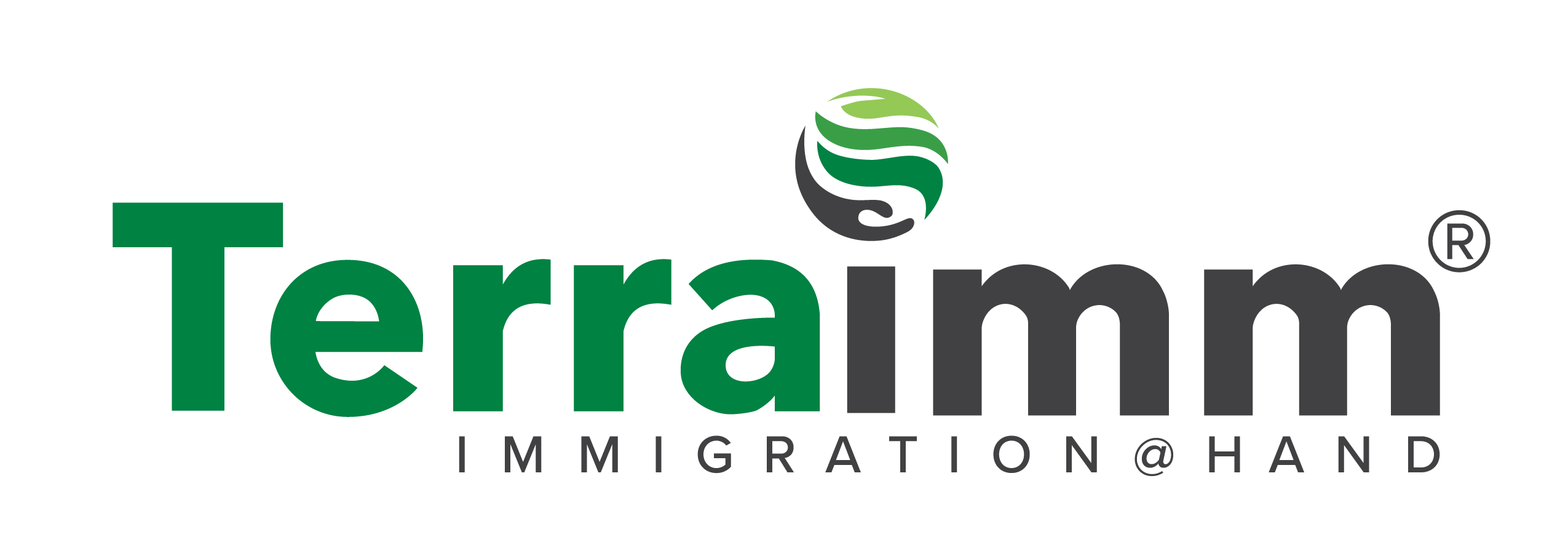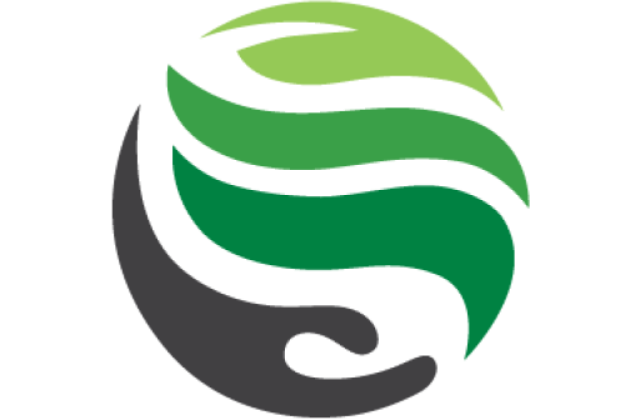For more information:
Overview:
- What is a visitor visa?
- What are the benefits of a visitor visa?
- Who needs a visitor visa?
- Who is eligible for a visitor visa?
- Visitor visa process
- What documents are required for the visitor visa?
- What are the fees for a visitor visa?
- Visitor visa processing time
- Visitor visa interview
- Special situations
1. What is a visitor visa?
B visas (sometimes known as visiting visas) are issued to foreign people who want to visit the United States. B-1 visitors are those who are there for business. Visitors who come for tourism are classified as B-2.
Visitor visas allow for stays of up to six months in the United States. You can do activities connected to your work in the United States with a B-1 visa. This might include, but is not limited to, the following:
- Completing business transactions
- Consulting with associates
- Conducting research
- Attending conferences
- Negotiating contracts
It should be noted that this work cannot include any profitable employment in the United States.
You may engage in tourism in the United States if you hold a B-2 visa. This might include, but is not limited to, the following:
- Visiting tourist attractions in the United States
- Visiting friends or family
- Receiving medical treatment
- Participating in social events
- Participating in amateur competitions
- Enrolling in a course of study, not for credit
2. What are the benefits of a visitor visa?
- A pre-approved visa petition from U.S. Citizenship and Immigration Services (USCIS) is not required.
- You can make an application at your local consulate.
- You do not require a sponsor.
- A single application can provide many visits to the United States over an extended period (up to 10 years).
- You can get numerous guest visas during your lifetime.
3. Who needs a visitor visa?
You may need to apply for a B visa if you are not a permanent resident or do not have a valid visa. Remember that certain people are qualified for the Visa Waiver Program (VWP). This initiative is overseen by ESTA (Electronic System for Travel Authorization).
The Visa Waiver Program is available in 38 countries:
- Andorra (1991)
- Australia (1996)
- Austria (1991)
- Belgium (1991)
- Brunei (1993)
- Chile (2014)
- Czech Republic (2008)
- Denmark (1991)
- Estonia (2008)
- Finland (1991)
- France (1989)
- Germany (1989)
- Greece (2010)
- Hungary (2008)
- Iceland (1991)
- Ireland (1995)
- Italy (1989)
- Japan (1988)
- Republic of Korea (2008)
- Latvia (2008)
- Liechtenstein (1991)
- Lithuania (2008)
- Luxembourg (1991)
- Malta (2008)
- Monaco (1991)
- Netherlands (1989)
- New Zealand (1991)
- Norway (1991)
- Portugal (1999)
- San Marino (1991)
- Singapore (1999)
- Slovakia (2008)
- Slovenia (1997)
- Spain (1991)
- Sweden (1989)
- Switzerland (1989)
- Taiwan (2012)
- United Kingdom (1988)
Furthermore, the VWP is only available to persons who intend to stay in the United States for fewer than 90 days. In addition, you must have a valid Electronic System for Travel Authorization (ESTA).
Some nations do not require visas. Citizens of Canada and Bermuda, for example, do not need a visa to visit the United States for fewer than 180 days.
If you are going to the U.S. to study, work, be part of a paid performance, as a crew member on a ship or aircraft, for employment in foreign press or other information media, or as a permanent resident of the United States, you are not eligible for a B visa.
4. Who is eligible for a visitor visa?
To be granted a visitor visa, you must show evidence that you have a legitimate motive for visiting the United States, and you must be able to provide evidence of these reasons.
Performing business transactions, meeting with associates, conducting research, attending conferences, negotiating contracts, and witnessing American business practices are some examples of legitimate justifications for the B-1.
Some approved reasons for the B-2 visa include: visiting tourist destinations in the United States, visiting friends or relatives, obtaining medical treatment, engaging in social activities, participating in amateur contests, or enrolling in a non-credit course of study.
Your visit is following the visa requirements.
You must demonstrate that your behavior in the United States will not break any of the visa restrictions to get a B visa. B-1 visa holders are not permitted to undertake hands-on work in the United States or to receive compensation from a U.S. corporation in return for labor. Individuals with a B visa who are hired and paid for by a foreign company may be eligible to offer services or receive training in the United States.
Domestic Worker B-1 visa: EAD
Personal staff such as housekeepers, maids, gardeners, and other caregivers may also be permitted to work in the United States while on a B-1 visa.
The requirements are:
- The domestic worker must have worked for his or her employer for at least a year
- Be appropriately compensated
- They must return to their home country when their visa expires
B-2 Visa Exceptions
A B-2 visa is allowed in this country for foreign nationals who want to accompany their spouse who is traveling on a different nonimmigrant visa but are not qualified as a dependent. This may include same-sex or common-law partners, as well as extended family members.
If you have any queries concerning your eligibility for a guest visa, please contact an immigration lawyer.
You have sufficient funds to cover the duration of your stay.
To be granted a B visa, you must demonstrate that you have the financial means to fund your whole stay. If you cannot pay on your own, you can show that you will be supported by your employment or a relative.
You will return to your home country following the expiration of the visa.
To be granted a B visa, you must demonstrate that you have a residency overseas. You must demonstrate that you will return after completing the activity for which you are applying for a tourist visa. In your consular interview, be prepared to describe your itinerary and discuss your plans to return home.
5. Visitor visa process
Obtaining a visitor visa requires many steps. The procedure may differ based on the U.S. embassy or consulate. An immigration lawyer can assist you with this procedure. This is a general outline of the process followed by a more detailed explanation:
- Submit Form DS-160
- Upload photo
- Pay visa fees
- Schedule your U.S. tourist visa interview
- Prepare other documents
- Attend the visa interview
- Arrival in the United States
Complete and submit Form DS-160
DS-160 is the Online Nonimmigrant Visa Application. This form is necessary for temporary travel to the United States. It must be filled out and submitted online. Before you can schedule a consular interview, you must first complete the DS-160. You must print the confirmation document for your interview in addition to completing the application.
Upload a photo
When you submit Form DS-160, you will be asked to provide a photo of your U.S. Visa.
Pay visa fees
You must pay the visa application cost before your interview. The costs necessary may be found on the website of your local U.S. embassy or consulate.
Schedule your U.S. tourist visa interview
People aged 14 to 79 will be required to attend an interview with a consular official. Individuals under the age of 13 and above the age of 80 are not required to be questioned. You are in charge of arranging your visa interview. Your appointment will not be scheduled automatically when you complete the DS-160. Visa interview times, locations, and visa categories all influence visa interview scheduling. As a result, you should apply as soon as possible.
Compile and prepare documents
You should prepare several documents for your interview:
- A passport valid for at least 6 months beyond your stay
- The confirmation page for your Form DS-160
- Your application fee payment receipt
- Your visa photo
You should also prepare:
- Paperwork demonstrating your vacation intentions
- Ties/intention to return to your home country
- Ability to pay for the trip
Attend your visa interview
A consular officer will interview you to determine if your visiting visa will be approved. Fingerprint scans will also be captured. This is normally done at your interview however, it varies depending on where you are.
Entry into the United States
While visitor visas can be given for up to 10 years (during which the visa holder can travel many times), visas are usually granted for a shorter time and/or for a limited number of entries. Each admission to the United States can be for up to one year, while most B-2 entries are limited to six months.
6. What documents are needed for the visitor visa?
Many papers may be required when you attend your consular interview. A broad list is provided below. Please keep in mind that the specific documentation you will need to give may vary depending on your scenario. An immigration lawyer can assist you in determining the papers you require.
- Valid Passport
- US Visa Photo
- Form DS-160 confirmation page and code
- Receipt of paid visa fees
- Interview confirmation page
- Proof of financial means
- Ties to your home country
- Itinerary for the trip
- Letter from family, friend, doctor, or event
- Social media details
7. What are the fees for a visitor visa?
- U.S. tourist visa: $160
- Issuance of visas fees differs based on the country
- Other fees (such as photocopying, transportation, etc.) vary per case.
8. Visitor visa processing time
The entire processing time is determined by a variety of factors, including the time of year you apply and the specific consulate. However, the usual processing time ranges from two weeks to two months.
9. Visitor visa interview
As previously stated, most B visa applicants will be required to meet with a consular official. During the interview, the applicant must demonstrate that they have a residence in a foreign country that they have no plans to leave, that they intend to visit the U.S. for a specific and limited period, and that they intend to visit the U.S. to engage in appropriate and permissible business or pleasure activities. An immigration attorney can assist you in preparing for your interview.
10. Special situations
Chinese Nationals
All Chinese citizens holding a 10-year tourist visa must register with the Electronic Visa Update System (EVUS) before entering the U.S. Chinese nationals interested in learning more about this criterion can go here or contact an immigration lawyer.
Canadian and Mexican Nationals
The NAFTA Treaty permits Canadian and Mexican citizens to engage in activities that would be deemed “business” for citizens of other nations. A Canadian or Mexican businessperson participating in this program may obtain a cost allocation or reimbursement if the occupation satisfies all other conditions for a guest visa. More information might also be obtained from an immigration lawyer.









